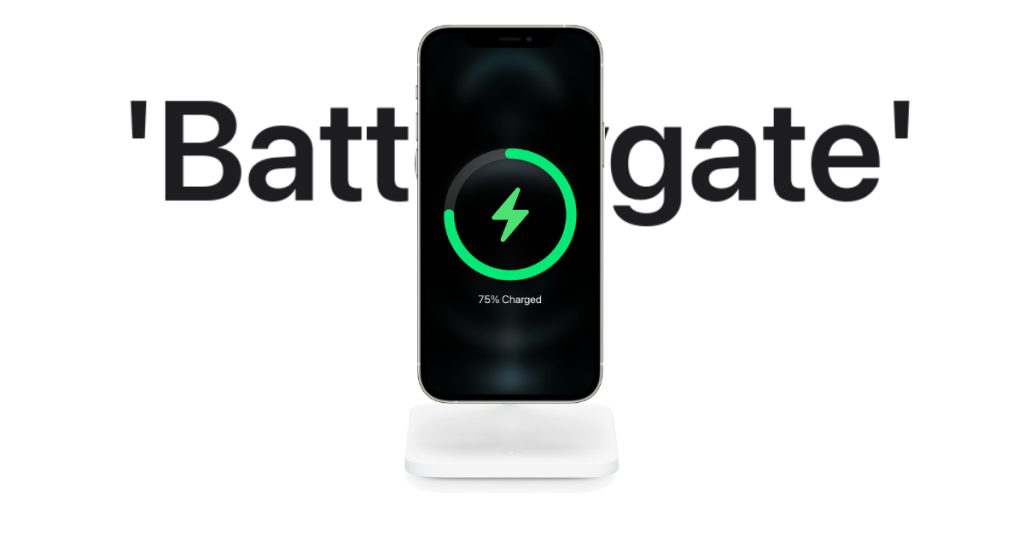Apple has finally begun issuing payments to iPhone owners who were part of a class-action lawsuit alleging the company secretly slowed down older phones with aging batteries.
This so-called “batterygate” settlement, reached in 2020 for up to $500 million, stemmed from Apple’s 2017 decision to throttle performance on certain iPhones without clearly informing users.

The lawsuit, filed in December 2017, claimed Apple introduced the throttling feature in iOS 10.2.1 to prevent unexpected shutdowns, but failed to disclose it in the update notes.
Though Apple apologized for the lack of transparency and temporarily offered discounted battery replacements, it denied intentionally misleading users and said it settled the lawsuit only to avoid “burdensome and costly litigation.”
The settlement applies to U.S. residents who owned an affected iPhone 6, 6 Plus, 6s, 6s Plus, or SE model running iOS 10.2.1 or later, or an iPhone 7 or 7 Plus running iOS 11.2 or later, before December 21, 2017. The deadline to file a claim was October 2020.
Eligible users can expect payments of around $92 per claim, as confirmed by MacRumors readers who received their payouts this week. The website for the settlement initially estimated January for distribution, and it seems payments are on track.
While Apple still uses a performance management system on iPhones 6 and later, it now offers users more transparency and control over the feature. The “battery health” feature informs users about their battery’s lifespan and allows them to disable throttling if they prefer, albeit with the risk of unexpected shutdowns.
In related news, Apple recently agreed to pay $25 million to settle a lawsuit claiming it misled users about sharing app subscriptions with their Family Sharing groups. You can learn more about it here.
Related:
- Clicks releases a physical QWERTY keyboard for the iPhone Pro models
- iPhone 16 Pro and 16 Pro Max early renders show off a new Capture button
- Apple iPhone 17 may feature a 24MP selfie camera, improved quality but with a cost
- Xiaomi Band 8 Genshin Impact custom edion get a huge discount.
- Unlock Savings: Discount on Every Giztop Product under the New Year Sale Extravaganza
- Best Smartphones Awards 2023 – Gizmochina







